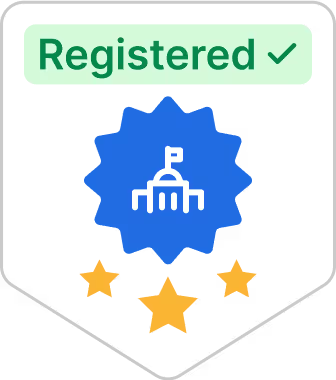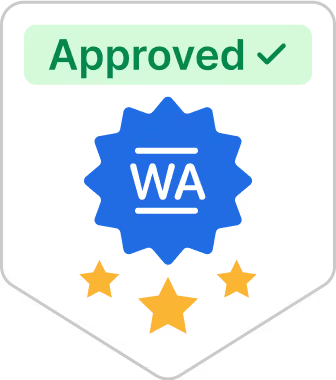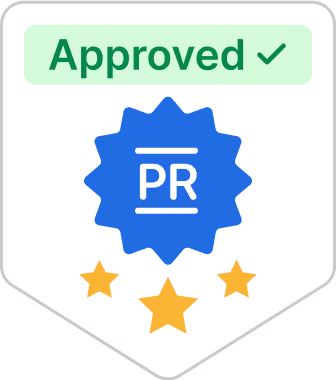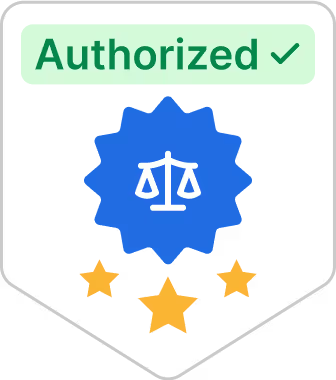5 Benefits of having a trust

For those of us hoping to leave something for the next generation, a living trust is one of our best financial tools. Wondering about how to open a trust fund for a child or spouse? It’s a fiduciary agreement that ensures that your trust assets are used in the way you see fit while you’re alive and after you’re gone.
Besides giving you peace of mind and control of what happens to your estate, there are several more specific benefits of a living trust. From tax solutions to privacy protections, read on to find out why having a family trust is a wise financial choice and how you can establish one today.
Trust 101
Before diving into the benefits of a trust document, it’s important to know some key terminology:
- What is a trust? A trust is a legal directive that guides how property, money, or any other legal holding is managed.
- What is a trust fund? The trust fund is the asset the trust manages. It can be an asset that can be legally owned, including property, stocks or funds.
5 Benefits of having a trust
A family trust allows you to manage your legal trust assets no matter what happens. Here are the five key benefits of having a trust fund or trust.
#1 Immediate Access
Wondering what’s the difference between a will and a trust? Living Trusts take effect the moment they’re signed and made legally binding, as opposed to wills which only take effect after your death. This means you can start managing your estate and providing for beneficiaries before you’re gone.
#2 Protection in the case of mental incapacitation
A trust can include protections for situations that leave you mentally incapacitated. In the rare event that an accident or unexpected illness leaves you unable to maintain your estate, a trust can ensure that your affairs and assets are under supervision.
Consider the following protections that a trust allows for:
- Income distributions – Ensure your beneficiaries are able to collect their income regardless of your mental state.
- Avoiding conservatorships – Those without living trusts may find their assets under the control of a conservatorship—a court-appointed authority tasked with retaining control of the estate. A trust completely circumvents the need for conservatorships, as a trustee has already been assigned the task of maintaining the estate.
#3 Avoid probate court
A trust is a viable method of avoiding the complex and costly world of probate court.
For those unfamiliar with this segment of the judicial system, probate court handles situations such as:
- Conservatorships
- Guardianships
- Estates
- Wills
Essentially, probate is a legal process that involves allocating the assets of the deceased (or incapacitated) to beneficiaries. This process can become complicated when contesting claims are put forward for the assets of the deceased.
Additionally, it is the court’s primary duty to determine if the deceased had a will and whether that will is legally binding. If the will is considered invalid, it may completely disrupt the distribution of assets to beneficiaries and could lead to a long, costly battle.
By creating a trust, there’s no need for probate court. All beneficiaries, assets, and estate planning is done and made valid before the grantor’s death. This can protect the family and make the difficult process of losing a loved one significantly less stressful.
#4 Tax benefits
Wondering is a trust taxable? Trusts can be separated into two categories:
- Revocable – These trusts can be adjusted and amended after they’ve been created by the grantor.
- Irrevocable – Once written and signed, these trusts are typically unchangeable and permanent. The only scenarios in which irrevocable trusts may be amended involve specific judicial action and complex legal scenarios.
When creating an irrevocable trust, you may discover some surprising tax benefits. As you transfer remaining assets from your estate to your trust, these contributions may be subject to gift tax requirements while you’re alive. That could mean that the remaining assets and their appreciated value may be protected from estate tax after your death.
Additionally, you may be able to contribute an annual exclusion gift to your trust, allowing you to avoid additional gift taxes on those contributions. Currently, the gift tax exemption rate is up to $15,000 for individuals or $30,000 for married couples.
Determining the taxable benefits of a trust may require some research and a consultation with a financial advisor, but at the end of the day, you could find yourself benefiting from considerable savings with a trust.
#5 Privacy
For those with sizable estates and large personal investments, privacy can be a particularly concerning matter. Wills are a public record, meaning any interested party may investigate the liquid assets and beneficiaries, causing a breach of personal privacy. Fortunately, trusts are completely private affairs.
Whether your trust is revocable or irrevocable, the details are private from the day it is established until the day it is resolved.
The only methods of gaining access to the private details of a trust include:
- Receiving direct information – Unsurprisingly, beneficiaries, trustees, and close family members may be entitled to the details of the trust. If information about a trust becomes public it’s most likely due to the disclosure of information by someone affiliated with the trust itself.
- Court-ordered documentation – In the event of a dispute involving an irrevocable trust, a court may require the trust document to be shared with the court, causing those details to become part of the public record. These scenarios are considered rare, as an irrevocable trust is typically legally binding and difficult to challenge.
To avoid having to set up a trust in person, simply fill out this form to apply for trust online right now.
Sources:
- Rochester Law Center. Advantages And Disadvantages Of A Trust.
- https://rochesterlawcenter.com/advantages-disadvantages-of-a-trust/
- Investopedia. Probate Court Definition. https://www.investopedia.com/terms/p/probate-court.asp
- US Bank. 5 potential benefits of setting up a trust. https://www.usbank.com/wealth-management/financial-perspectives/trust-and-estate-planning/benefits-of-setting-up-a-trust.html
- Policy Genius. Are trusts public record?. https://www.policygenius.com/trusts/are-trusts-public-record/
- Policy Genius. What is a trust fund and who needs one? https://www.policygenius.com/trusts/trust-fund/























